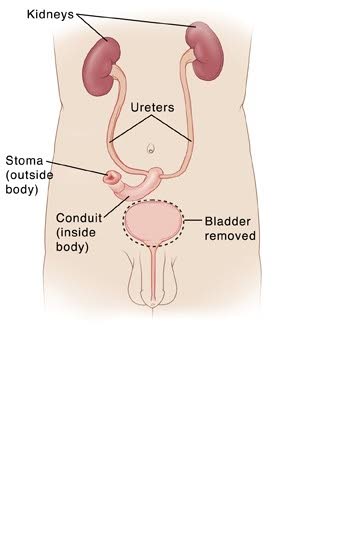Bladder cancer

SATYENDRA PERSAUD
BLADDER cancer is not often discussed in TT but is a very important disease and one which may be preventable. It is for this reason that we talk about it in this week’s article.
How common is bladder cancer?
Data from our local registry suggests that bladder cancer is the ninth most common cancer among men in TT but this may not be fully accurate as it doesn’t reflect up-to-date information. Data on bladder cancer in TT are lacking and research is currently ongoing by our team at San Fernando General Hospital to try to answer many questions about the disease locally. In Trinidad, men with bladder cancer outnumber women nine to one.
What are the risk factors for bladder cancer?
The most important risk factor for bladder cancer is smoking and I encourage every smoker to get help to quit as it is quite literally life or death! The risk of bladder cancer reduces the longer one goes without smoking. There are other risk factors such as exposure to industrial chemicals, previous radiation and chronic bladder irritation.
What are the symptoms of bladder cancer?
Passing blood in the urine is a very worrying sign and should immediately raise suspicions. Sometimes bladder cancer is discovered during a routine physical when a urine test is done and trace amounts of blood are found in the urine. Other symptoms include going to the bathroom often, burning when you pass urine or feeling like you want to pass urine even if your bladder is empty. Advanced cancers may have weight loss, bone pain, swollen legs or kidney failure.
How is bladder cancer diagnosed?
If you see blood in your urine or your doctor finds blood on your urine test, you should see your urologist. The next step is a flexible cystoscopy – this is a test during which a small camera is passed into the bladder through the urine passage. In this way the inside of the bladder is thoroughly inspected. You will also require a CT scan with dye and this is done in a way that allows us to see the outline of the kidney and urine tubes. This is important because of the risk of having a cancer in the upper tract if you have a bladder cancer. A urine test may also be requested during which the pathologist looks at the urine under the microscope to find cancerous cells.
If a bladder cancer is found, what happens next?
The next step is to remove the cancer from the bladder as best as possible. This is done under anaesthetic and does not require a cut. We use an instrument called a resectoscope to remove the tumour layer by layer until it is flat. We then take a sample of the deeper part of the bladder as this is very important. The bladder is washed out after surgery and a catheter is necessary for a short period. At the time of surgery, chemotherapy may be instilled in the bladder for one hour as this may decrease the risk of the cancer returning. The removed tumour is sent to the lab to tell the urologist if it is an aggressive cancer and whether or not it has penetrated into the deeper layer of the bladder.

How is bladder cancer treated?
This depends on the grade of cancer – high or low grade, as well as whether or not the cancer has managed to reach deeper into the muscle of the bladder wall. For superficial tumours, a follow up schedule of cystoscopies may be all that is needed to observe for recurrence and catch it early. For deep tumours more aggressive treatment is necessary in the form of radiation or preferably surgery. Prior to surgery you may be referred for chemotherapy as this has been shown to improve survival. Radical surgery for bladder cancer involves removing the bladder and prostate in the man and the bladder and uterus in the woman. The urine tubes are plugged into a section of bowel which is reconfigured to drain out onto the tummy, into a bag – this is permanent. Sometimes, bowel may be used to fashion a new bladder – this is called a neobladder and requires great skill. These are potentially morbid operations and so I urge you once again to help prevent bladder cancer – quit smoking ASAP!
Dr Satyendra
Persaud DM (Urol) FCCS FRCS (Eng) is a consultant urologist at San Fernando General Hospital. He is a lecturer in urology at University of the West Indies (UWI) and is responsible for co-ordinating urology training at UWI.



Comments
"Bladder cancer"